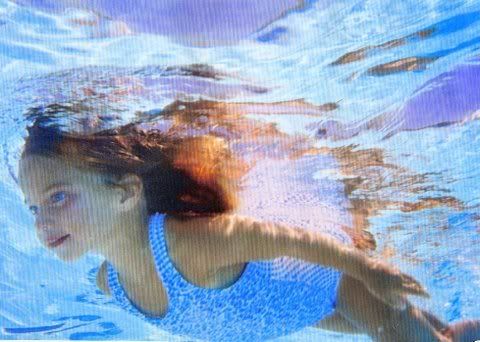EastTNDiver
Contributor
Also, to compare diving to other activities is to an extent, and in my opinion, not quite justified. I myself participate in shooting sports, the extreme side of snowboarding, and some other things. If something were to go wrong in those activities, of course it can be life threatening and time is certainly of the essence, but I think the hazards and time factor while diving underwater is exponentinally more of a risk than anything I can personally think of on land.
This attitude puzzles me. Have you seen the statistics on driving. It's perhaps THE most hazardous thing to which we can subject our children, but most of us do it routinely with little thought to the dangers. If I'm heading down the highway at 65 mph, there's not much little Johnny's gonna be able to do if I stroke out enroute. Driving is mainstream, so we are conditioned to see it differently...same with many other activities in our lives.
I agree with the point the article makes about having these discussions with your child relative to diving and its risks. I just disagree with the risks being elevated so far above many things we do in our everyday lives. It's a matter of conditioning and consequent perspectives.





